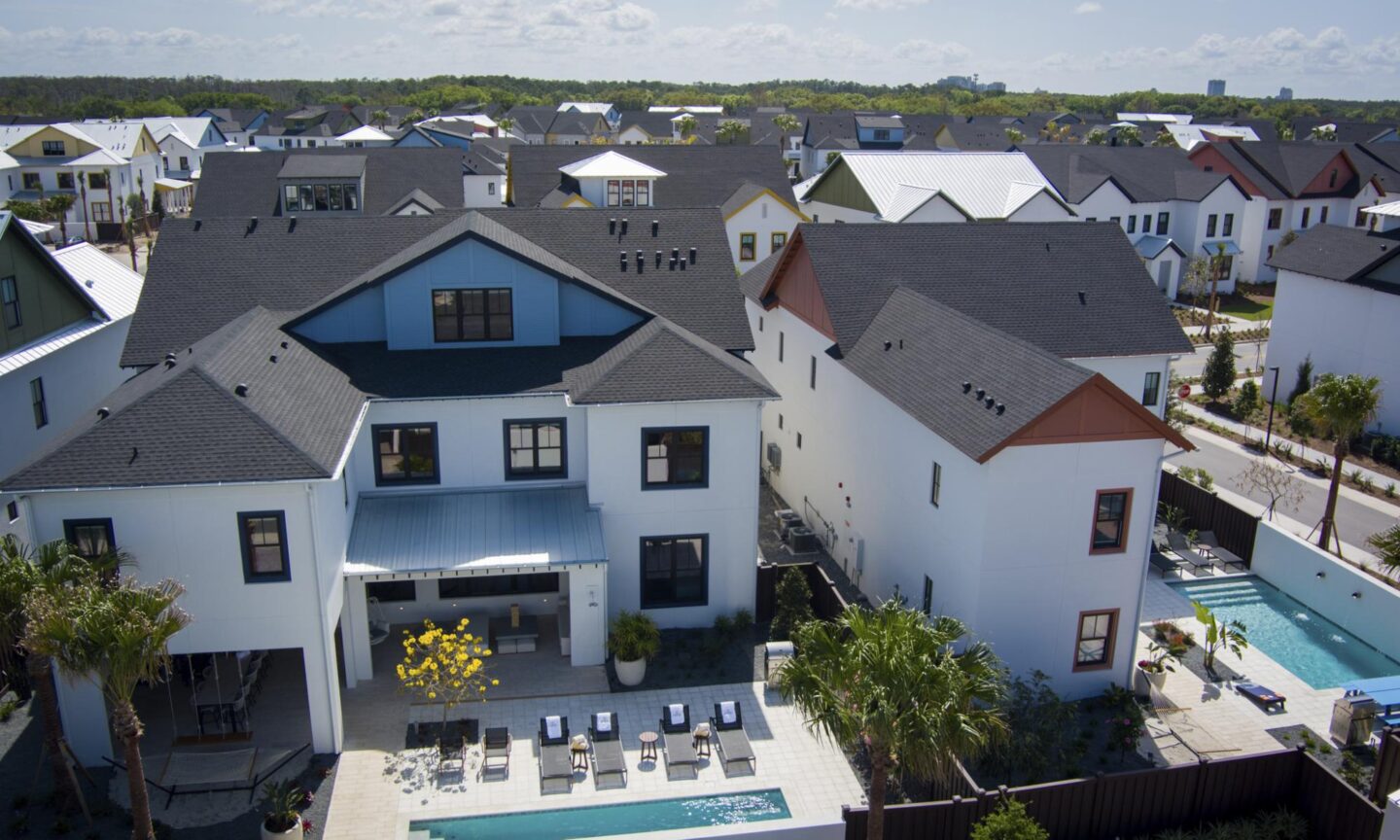Confidence among South African small business owners was notably lower towards the end of 2021, with concerns set to continue into 2022.
This is according to the Q3 2021 SME Index conducted by Business Partners, which found that the confidence that small-medium sized enterprises (SME) owners have that their businesses will grow in the next 12 months has plummeted from 61% in Q2 2021 to 33% in Q3 2021. This is a stark contrast with the same period in 2020, where confidence was 72%.
Business Partners said the sharp decline can be attributed to multiple market disturbances, including:
- Unfavourable economic conditions;
- Load shedding;
- A record petrol price hike;
- The lingering effects of Covid-19;
- Subdued profits;
- The unrest that broke out in KZN and Gauteng in July 2021.
“After taking some significant strides towards economic recovery, we saw a slump in GDP in Q3 2021 – the ripple effect of which we saw in the results of the SME Index,” said Rayna Dolphin, executive director at Business Partners.
“Poor economic conditions and cash flow were the main challenges that SMEs predicted for the next six months. The two, of course, are inextricably linked.”
For many SMEs, better prospects seemed within reach with the onset of the festive season, but hopes were clouded with the arrival of the new Omicron Covid-19 variant.
The clear drop in business confidence should also be seen within the context of a number of external factors that were the direct cause of disturbances in the market and ultimately, she said.
“The position of South African SMEs is unique in that they are being buffeted by multiple headwinds. In KwaZulu-Natal and Gauteng, businesses are still feeling the ripple effect of the spate of looting and unrest that took place in July last year.
“While an issue affecting business across the country is the knock-on effects of a dwindling economy, direct indicators being the GDP which contracted 1.5% in Q3 2021 and a persistent increase in the cost of living as a consequence of the recent petrol price hike.”
- 32% of SMEs who participated in the survey by Business Partners Limited reported that recent petrol price increases had put their businesses in jeopardy;
- The majority of SMEs (63%) also reported that the recent bout of load shedding had a direct effect on productivity and profitability;
- Confidence that the local economy will be conducive for business growth in the next 12 months decreased to 20%.
Wishlist
Dolphin concludes with a ‘wishlist’ of sorts for the SME sector in 2022, among which is the hope that the energy supply will be stabilised.
“We encourage financiers, including government institutions, to emulate what we as a company are doing and offer SMEs finance to green their building or invest in alternative sources of electricity supply that can assist them with circumventing the effects of load shedding,” she said.
Also, on the ‘wishlist’ for SMEs is the improvement of the reliability of broadband – a crucial factor in the ‘new normal’ which is characterised by remote working. In addition, the rollout of the National Infrastructure Plan is a vital component of recovery.
“Small businesses are dependent on infrastructure like bridges, rail and roads, as beneficiaries of better service provision and as downstream service providers who compete for the tenders to improve these elements.
“We encourage the government to roll out the National Infrastructure Plan efficiently and quickly by increasing infrastructure spend to give SMEs the boost they need to get through this period.”
Read: Warning against mandatory vaccination policies in South Africa





















Discussion about this post